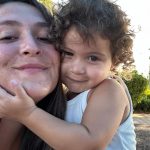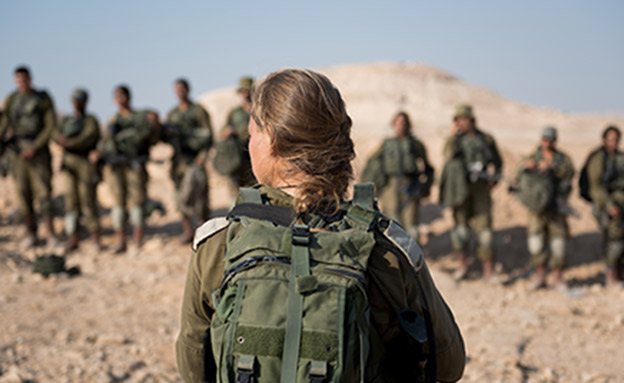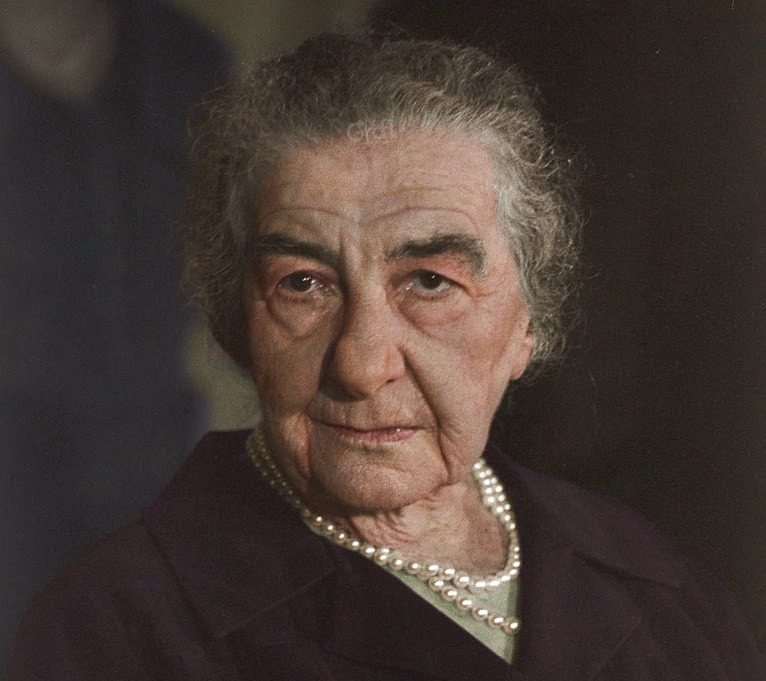Article by Eden Kleiban Pakter
Translated by Beth Orshalimy
Last night, while the families of the hostages were begging those sitting at home to take to the streets and support them, other groups gathered for a different cause. After Hamas approved the proposed hostage deal, representatives from Politically Correct set out to various locations to cover the nationwide call: Israel – take the deal.
The streets were on fire, nerves were raw. The tension only escalated when the cabinet members unanimously decided to approve an incursion into Rafah, again risking the lives of the remaining surviving hostages and leading to more destruction in Gaza. The move, of course, jeopardized the brewing deal.
On their way back from Jerusalem to Tel Aviv, the team ran into massive traffic jams that weren’t marked on Waze. A quick check on their phones and the different WhatsApp groups revealed that besides the demonstrations in favor of the deal, another protest was forming – blocking humanitarian aid trucks to Gaza. They spotted a truck with a Jordanian license plate. The canvas covering it was partly pulled aside, revealing boxes of canned legumes: hummus, fava beans, peas, and more…
Inas, our photographer, began filming the events. "I thought about the children who were finally going to eat," she said. The blockades intensified. People started getting out of their cars and surrounding the truck. One vehicle tried to go around us without success, so the driver got out holding scissors. We locked the doors and rolled up the windows. We continued to watch. The man approached the truck's wheels and tried to puncture them. A person sitting in a nearby car warned him that he might get arrested. In response, the man with the scissors asked that person to help him.
He was unable to puncture the tires and returned to his car. Around us, more and more vehicles arrived to block the truck. Hundreds of vehicles – and we were caught in the middle. A highway at a standstill for three hours, from one to four AM.
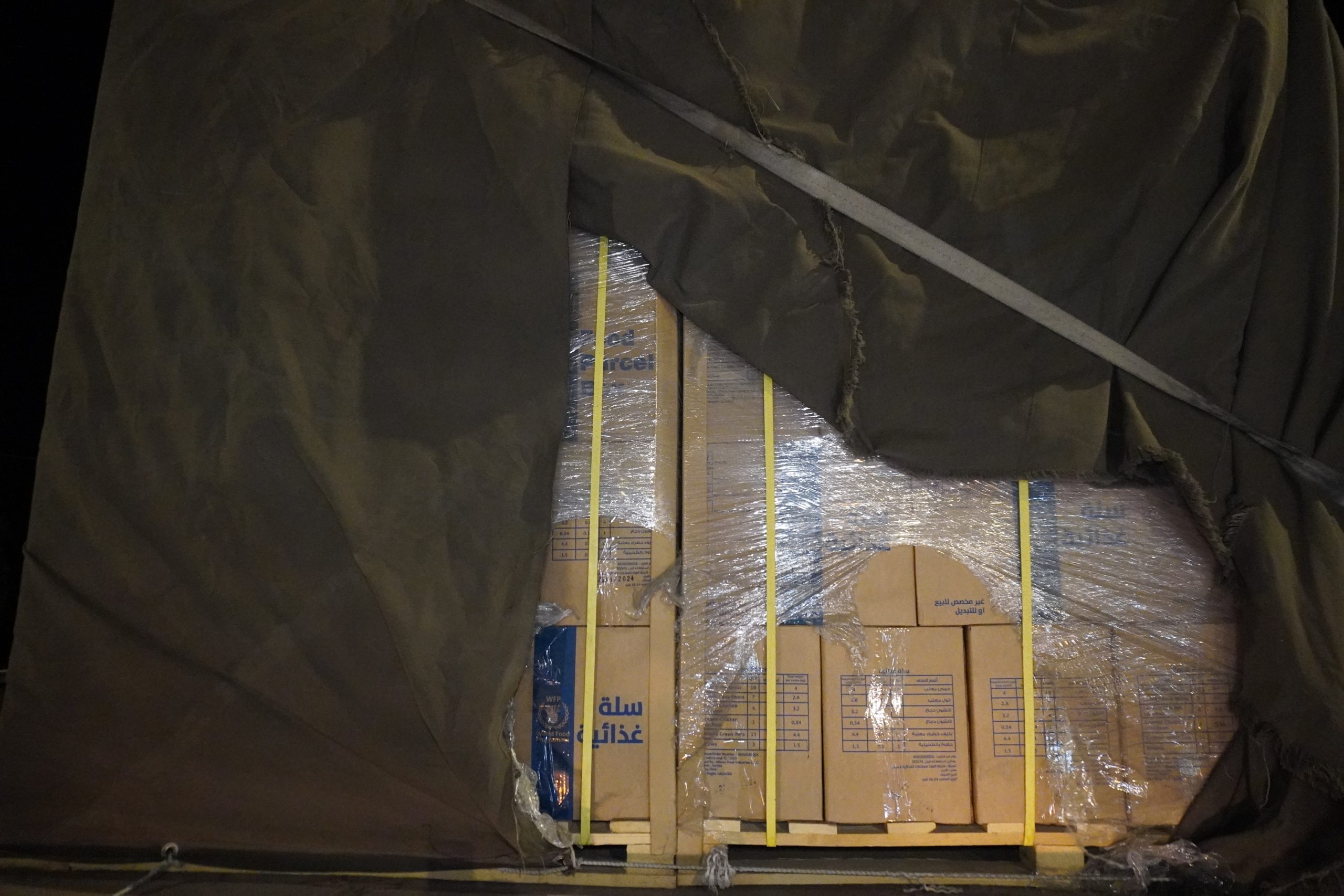
On the Way to the Erez Checkpoint
We drove around the truck. It wasn’t difficult – the people blocking it were sure we were part of them. We approached the driver’s window, wanting to see how he was doing. Was he feeling threatened? We opened the window.
"Hey, how’s it going?"
"I'm lost, I have no reception."
"We're on the road coming down from Jerusalem, where do you need to go?"
"Erez Checkpoint."
Inas and the driver conversed in Arabic. He was lost and scared. He asked if we could call the police to get him out of there. He didn’t speak Hebrew. He begged us to accompany him to the Erez Crossing. We set up Waze for him and offered to let him follow us. We went around the truck, hoping to clear a path for him. A red car started honking at us, demanding that we move to let him block the truck. We signaled with our hand for him to pass us, pretending we didn’t know what he wanted. However, he noticed the camera, quickly passed us, and stopped.
We were blocked from all directions, unable to leave or help the driver, watching as the driver of the red car rolled down his window and shouted, "They’re left-wingers! Block them!" "Hey you! What are you filming?" he started interrogating us. We stayed like this for forty minutes, blocked from all directions, trying to figure out a way to get out.
A Rigged Game
At one point, we got out of the car and approached the truck driver again. We explained the route he needed to take, apologized, and wished him a safe journey. The truck driver begged us to call the police. Two Border Police patrol cars passed by – we stopped them and explained what was happening, telling them that the truck driver wanted to go on his way and we wanted to get home.
The officers nodded, approached one of the blocking vehicles. The driver opened his window, they exchanged a few words, high-fived each other, and the officers left. We realized the game was rigged. "While I was shooting the scene, my whole body was shaking. So afraid that something could happen at any moment. They didn’t know I was Palestinian. I got back in the car and locked the doors," Inas recounts.
Eventually, we managed to break free of the red car. We moved forward and soon encountered a convoy of four supply trucks, surrounded by Border Police vans. The trucks were turned off, the drivers outside. Around them, police officers and soldiers chatting with each other, smoking. Dozens of people wandered freely among the trucks, climbing up and down, opening packages, scattering the contents. More and more people got out of their vehicles to try and puncture the trucks’ tires. We heard the hiss of air escaping.
The road turned red from cans of tomato paste, rice and pasta. It looked like a bizarre murder scene. All sorts of legumes scattered on the ground, torn bags, and sounds of jubilation. Smiles from ear to ear. The protesters sang, rejoiced, encouraged each other. "I felt I had to document it, I got out of the car again, scared to death. I thought about all the children who would starve because they were spilling everything on the ground. Stepping on food, offering it to me, 'Take whatever you want,' 'Who wants dinner?'," says Inas.
Amidst the chaos, against the backdrop of kicks and punches to boxes, vandalism, and food waste, the security forces stood around in silent agreement. Some even smiled. Inas also smiled, while filming them, as if signaling "I'm with you." "I didn't drop the smile. I was afraid they’d figure me out," Inas says. "It was like I was wearing a mask. They continued with complete confidence, some even wanted me to film them in the act".
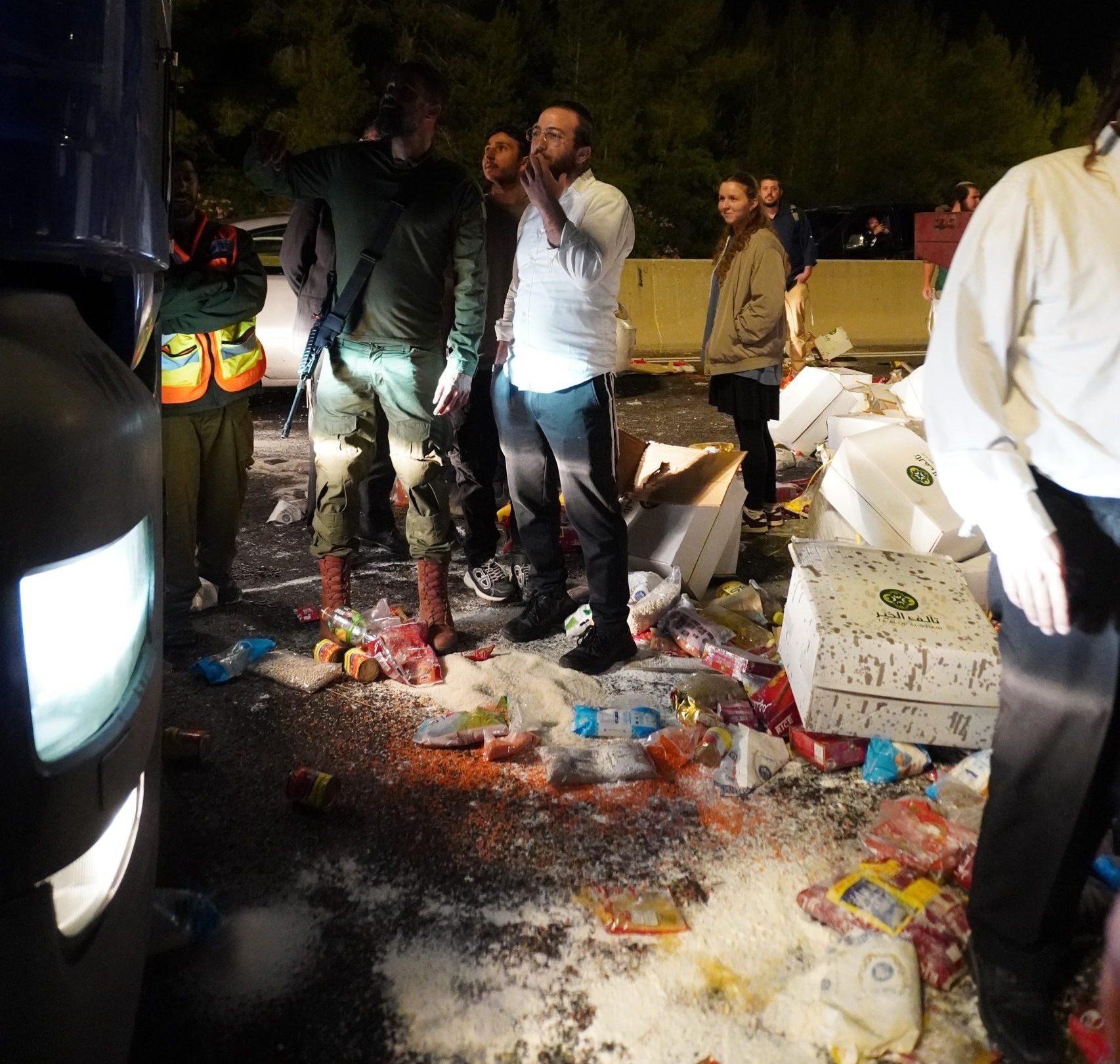
Between Jerusalem and Tel Aviv
It was like watching people stoned at a party. "At one point, someone asked me why I was filming," Inas recalls. "I was terrified. I ran back to the car, we locked the doors, and kept on driving. My whole body was shaking until we got home. Even without context, how can a person trample food like that under their feet?"
As we drove away from the blockades, we saw numerous police patrols standing by. As if they were there just to check a box, to say 'we were there.' The police served as traffic guards on the road from Jerusalem. They directed blocking drivers where to park their vehicles and helped those who got stuck there to get out.
While at the same time in Begin, Ayalon, Jerusalem, Haifa and other locations, the families of the hostages and their supporters were surrounded by mounted police, arrested, pushed back, and doused with water cannons, in a parallel world things looked different. People choosing to leave their homes to destroy rather than support, for starvation rather than rescue, with backing and support from the police, while those standing in support of the hostages in Gaza are labeled "anarchists" and given the cold shoulder.
